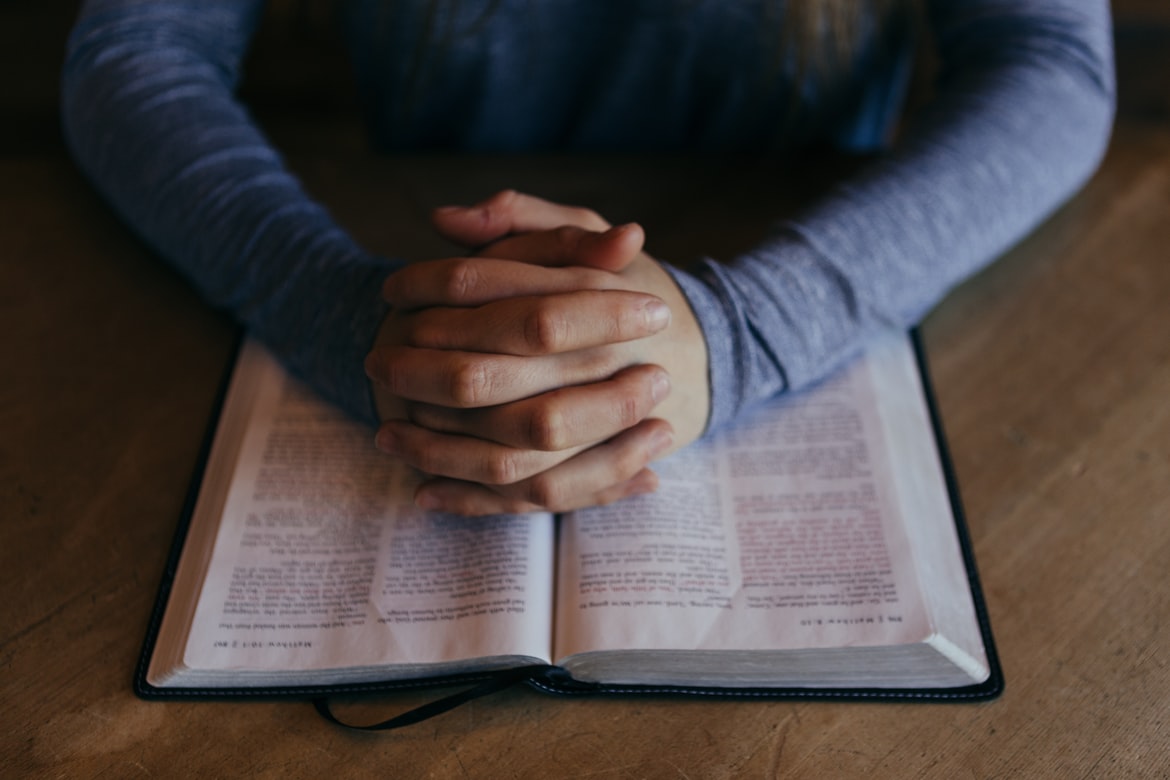Over the last couple of months we have reviewed the directory for private worship point by point. One of the great encouragements has been to see the importance our ancestors placed on family worship. May this focus stir us up to be faithful to develop healthy spiritual patterns in our own families. Today we are looking at the ninth direction which pertains to prayer.
IX. So many as can conceive prayer, ought to make use of that gift of God; albeit those who are rude and weaker may begin at a set form of prayer, but so as they be not sluggish in stirring up in themselves (according to their daily necessities) the spirit of prayer, which is given to all the children of God in some measure: to which effect, they ought to be more fervent and frequent in secret prayer to God, for enabling of their hearts to conceive, and their tongues to express, convenient desires to God for their family. And, in the meantime, for their greater encouragement, let these materials of prayer be meditated upon, and made use of, as followeth.
Essentially the framers of this directory urge every person who can pray to pray, since it is a gift from God. Those who are not so used to praying perhaps because they are young may use set forms of prayer, but at the same time should develop their prayer so that they will more and more be able to express what they ought to in prayer for their family. Then the directory goes on to give some set pointers on what should be included in family prayer.
“Let them confess to God how unworthy they are to come in his presence, and how unfit to worship his Majesty; and therefore earnestly ask of God the spirit of prayer.
“They are to confess their sins, and the sins of the family; accusing, judging, and condemning themselves for them, till they bring their souls to some measure of true humiliation.
“They are to pour out their souls to God, in the name of Christ, by the Spirit, for forgiveness of sins; for grace to repent, to believe, and to live soberly, righteously, and godly; and that they may serve God with joy and delight, walking before him.
“They are to give thanks to God for his many mercies to his people, and to themselves, and especially for his love in Christ, and for the light of the gospel.
“They are to pray for such particular benefits, spiritual and temporal, as they stand in need of for the time, (whether it be morning or evening,) as anent health or sickness, prosperity or adversity.
“They ought to pray for the kirk of Christ in general, for all the reformed kirks, and for this kirk in particular, and for all that suffer for the name of Christ; for all our superiors, the king’s majesty, the queen, and their children; for the magistrates, ministers, and whole body of the congregation whereof they are members, as well for their neighbours absent in their lawful affairs, as for those that are at home.
“The prayer may be closed with an earnest desire that God may be glorified in the coming of the kingdom of his Son, and in doing of his will, and with assurance that themselves are accepted, and what they have asked according to his will shall be done.”
For modern readers, this prayer outline seems pretty serious, and many of us could wish for regular prayer of this nature in our own lives. Having a set outline that you teach your children is a helpful way to approach family prayer. At times we have used the ACTS acronym, which stands for Adoration, Confession, Thanksgiving and Supplication. This has encouraged me to think more carefully about training my children in prayer.
